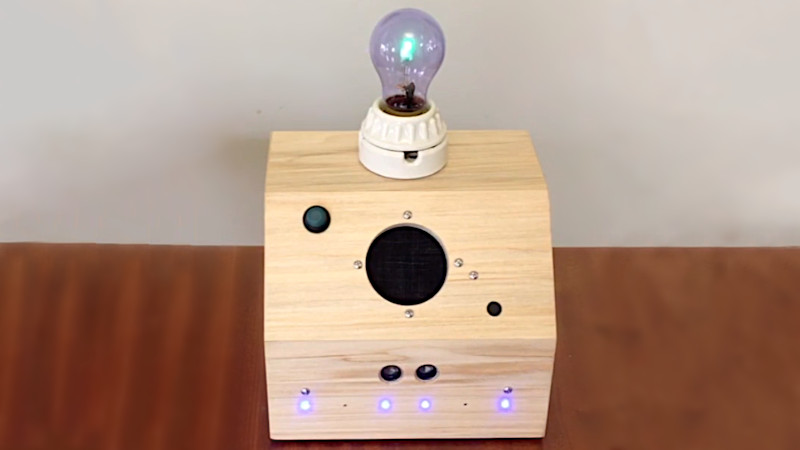Voice assistants are now available from a wide variety of companies, however, [7402] didn’t like the idea of these devices sending data off to the cloud for potentially-nefarious purposes. Thus, the goal became to build a home voice assistant that worked entirely offline, and that’s precisely what [7402] achieved.
The system had limited goals compared to commercial competitors. [7402] was more than happy to deal with a limited vocabulary of understanding as a trade off for privacy. It’s all built around a Raspberry Pi Zero, which runs the Julius speech recognition library. Ultrasonic sensors are used to only activate the device when a person leans in and directly addresses the system.
Read Homebrewed Voice Assistant Keeps An Eye On Air Quality via hack a day
An interesting link found among my daily reading

Comments